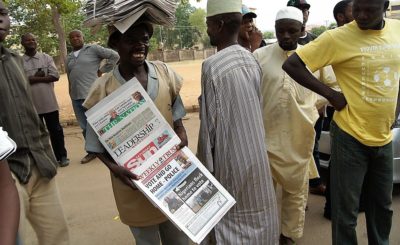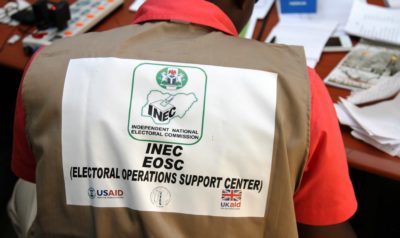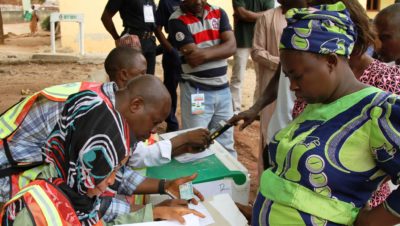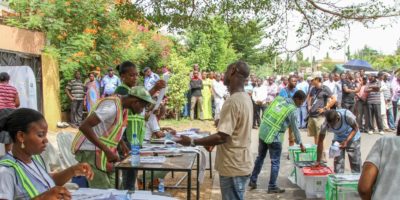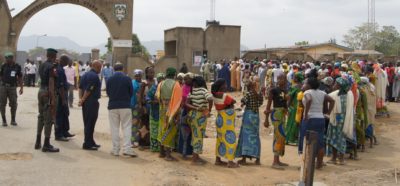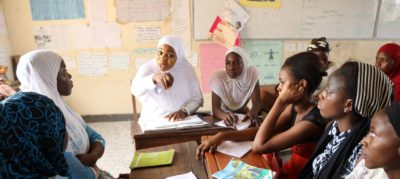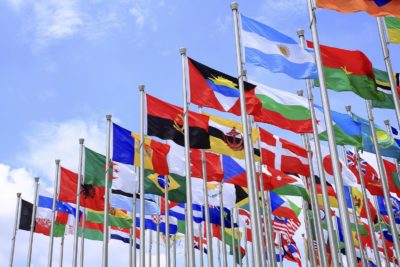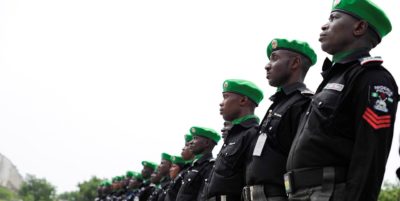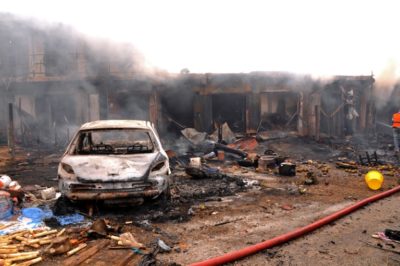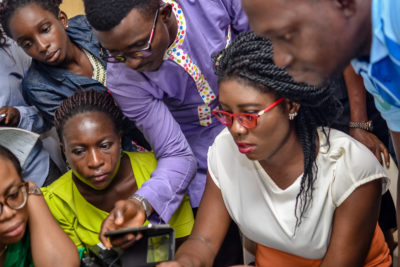This article explores the implications—for democracy, peace, and security—of the postponement of Nigeria’s 2019 elections, initially set for February 16…
Democracy, Development and Governance
Repeating Past Failures: Nigeria’s Election Umpire and the Legacy of Poll Cancellations
By 2:30 am in the morning of February 16, 2019, less than six hours before the polls were scheduled to…
The Postponement of Nigeria’s 2019 Elections: Is Democracy on Hold?
At about 2:30 am on February 16, 2019, five hours before the polls were due to open, the chairman of…
Special Issue: Nigeria’s 2019 Elections in Perspective
In the run-up to the hotly contested elections, the political atmosphere has been charged by intense party campaigns, sporadic incidents…
Displaced but not Disenfranchised? IDPs and the 2019 Nigerian Elections
Apart from being denied their right to peace and security, some IDPs face the risk of also being disenfranchised.
Women and Nigeria’s 2019 Elections
Gender inequality manifests in Nigeria’s politicosphere as a deeply held belief by many, including some women, that men are superior…
The International Community and Nigeria’s 2019 Elections
Compared to past elections it would appear that the 2019 election has received less attention from the international community.
Security Agencies and the 2019 Elections in Nigeria
In Nigeria, incidents of violence are due to the zero-sum approach to political competition and the militarization of elections.
Bullets and Ballots: Exploring Insecurities and the 2019 Elections in Nigeria
Several groups have appealed to the government and politicians not to make pronouncements or take actions that may escalate existing…
Not Ready to Run? Youth and Nigeria’s 2019 General Elections
Despite the landmark legislation aimed at increasing the political participation of youth, early indications regarding youth political empowerment are not…


